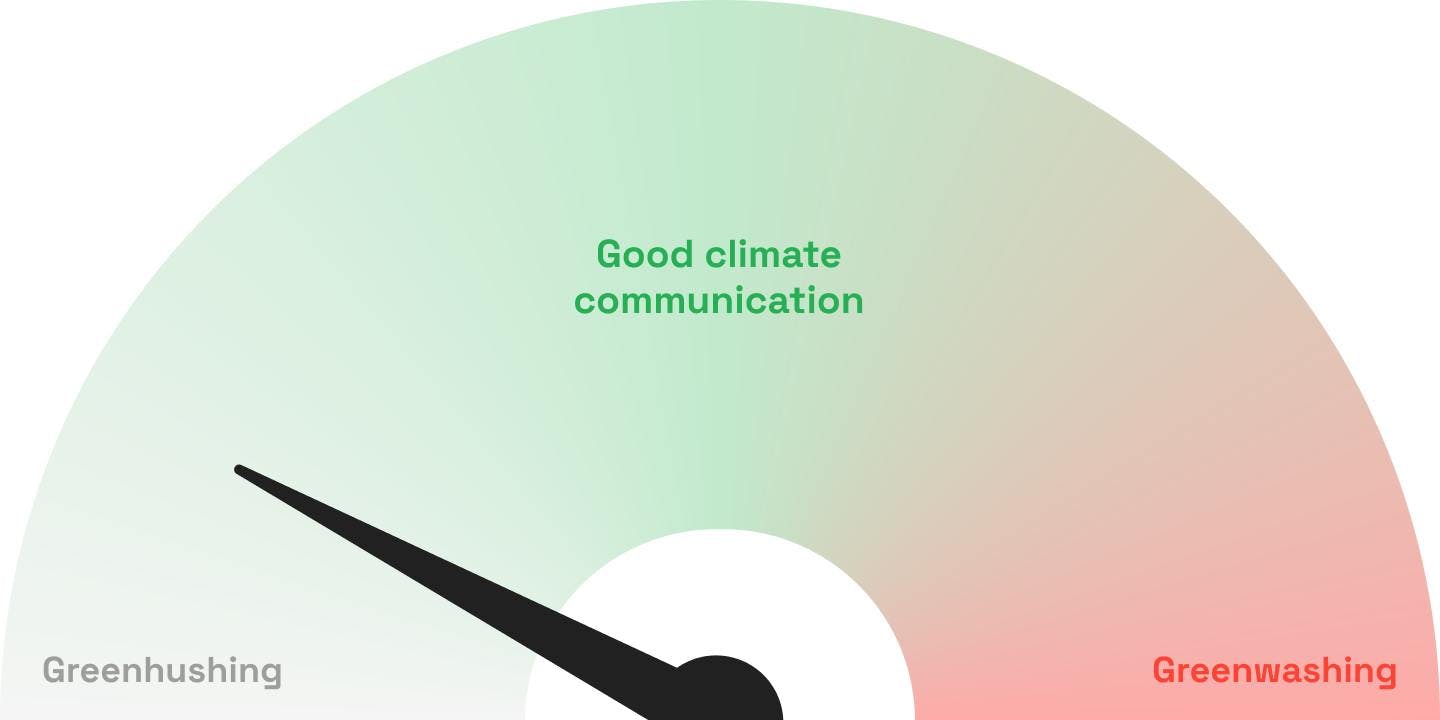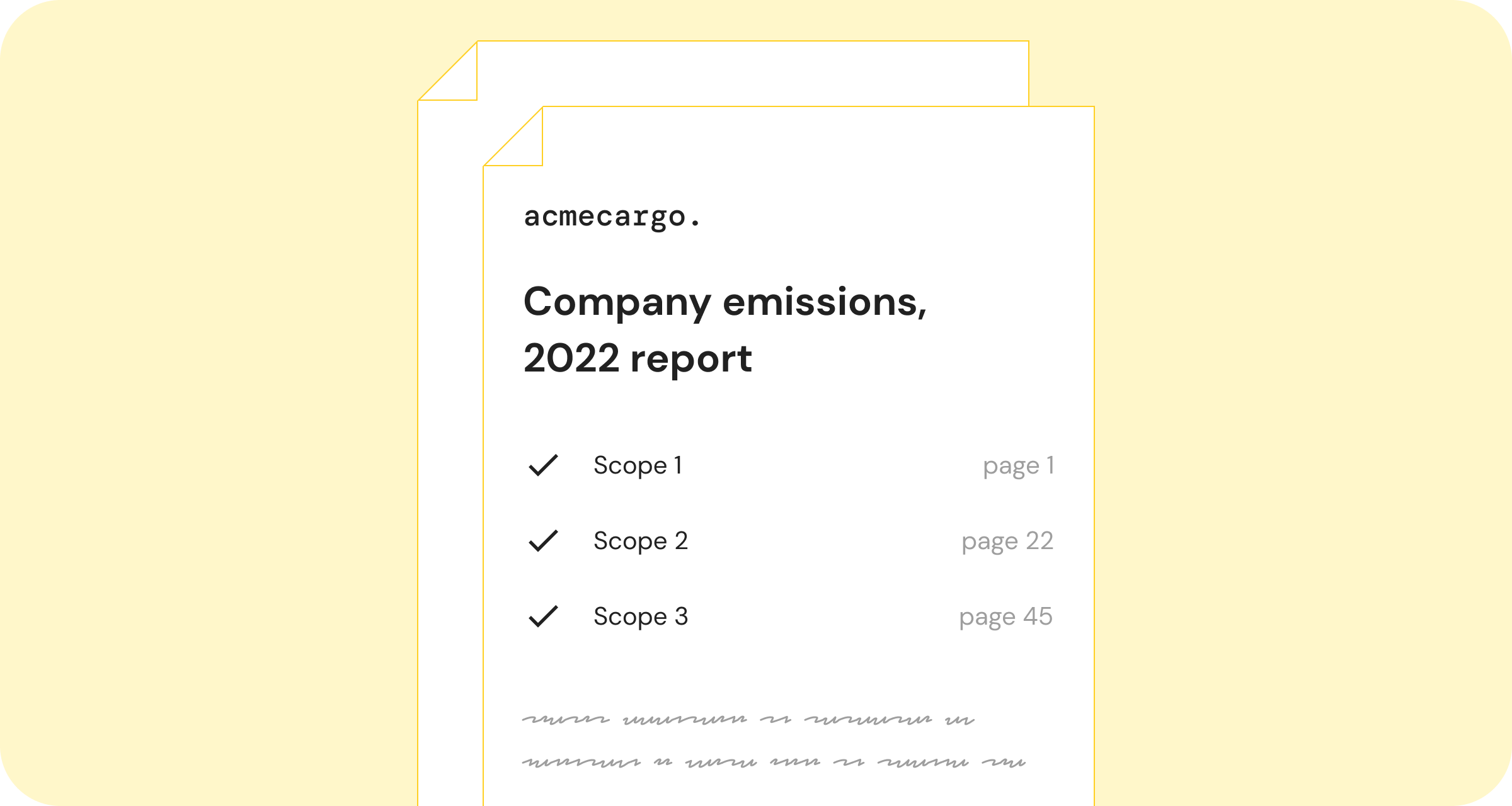

In today's ever-changing business landscape, environmental consciousness has taken centre stage like never before. As consumers and stakeholders become more attuned to the urgent need for sustainable practices, the spotlight on corporate environmental responsibility has intensified. While some companies have genuinely embraced sustainability in their operations, others have faced criticism for greenwashing—deceptively presenting themselves as environmentally responsible without backing up their claims.
In this time of increased attention and scrutiny, businesses are treading carefully, fearing these same accusations of greenwashing being pointed towards them. But a surprising and concerning trend is emerging as a consequence: “greenhushing.”
Greenhushing is a term that refers to when a company actively chooses to under-communicate or downplay its sustainability practices to evade scrutiny. Note that greenhushing is distinctly different from greenwashing, where a company exaggerates their sustainability efforts to the point of being misleading. And it’s not uncommon; according to a 2023 report by environmental charity Earthwatch Europe, nearly one in four medium and large companies surveyed in the UK engaged in greenhushing over the last 12 months.

Whilst some argue that companies that greenhush may simply be “quietly conscientious” and choose not to make sustainability part of their brand, others question whether greenhushing should be seen so positively.
Why do companies opt for radio silence?
While some companies choose to remain silent for less-than-innocent motives, many adopt greenhushing as a tactic of self-protection.
Principally, greenhushing has emerged as a way to evade accusations of greenwashing; by minimising the company’s sustainability communications, they can quietly work towards their sustainability goals without fear of scrutiny. Specifically, greenhushing arises here from fear of “failure”. As many companies have already achieved their “easier” climate goals, they now face more significant challenges like reducing scope three emissions or cleaning up complex supply chains. If the company is operating with little guidance, which many are, the steps to address these challenges are often unclear. This uncertainty brings with it fear that if they were to communicate what they were doing to the public incorrectly, more knowledgeable individuals would call them out and damage their reputation. Particularly regarding carbon offsetting, businesses often find it challenging to determine how to best disclose their usage of carbon credits due to the scrutiny and ambiguity surrounding them.
Alternatively, some companies may see it as prudent to test their green initiatives over an extended period and, as a result, choose to withhold ESG data until later. Or, they may be waiting for external verification of their work to ensure greater credibility.
In these instances, it is understandable why management may see greenhushing as a reasonable strategy.
Why silence isn’t always golden
However, greenhushing, like greenwashing, can be seen as a way in which a company is inauthentic about its sustainability, especially when not all greenhushing isn’t always innocent.
Without openly discussing sustainability practices, it soon becomes difficult to differentiate companies that have made real progress from those that haven't. Some companies utilise greenhushing to maintain an illusion of sustainability. It is here we see how greenhushing can become a form of greenwashing; when companies stay quiet, there is no real accountability.
For example, a distribution company could internally set the goal of transitioning 80% of their warehouses to renewable energy by the end of the year. However, as the year closes, only 20% of warehouses have made the switch. By not publicly disclosing the initial 80% goal, the company can still portray the 20% achievement as a success, potentially receiving praise despite failing to meet their target.

So what’s the solution?
Be transparent.
The foundation of effectively communicating your sustainability targets lies in adopting a genuine approach. By openly sharing your sustainability journey, successes, and even failures, you build trust and credibility with your audience and show them that you are taking sustainability seriously.
If you want more guidance on telling your sustainability story, check out our blog on what transparency actually looks like in business climate communications.
Readers also liked
Readers also liked

Subscribe for emissions intelligence insights
Get the latest updates in the world of carbon tracking, accounting, reporting, and offsetting direct to your inbox.


